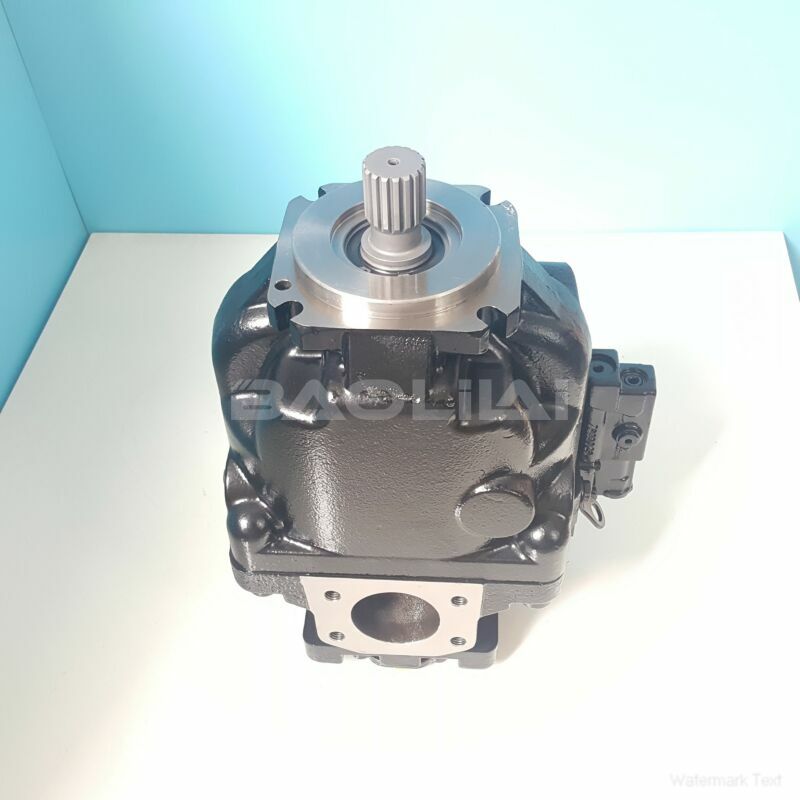ERR147CLS2525NNN3S1RPA1NNNNNNNNNN danfoss pump
ERR147CLS2525NNN3S1RPA1NNNNNNNNNN danfoss pump

- Product Details
- Applicable Scene
In addition to technology improvements, the selection of hydraulic fluids plays a crucial role in the energy efficiency of hydraulic systems. Utilizing biodegradable or synthetic fluids not only enhances the environmental impact of the manufacturing processes but also contributes to the longevity and efficiency of hydraulic systems. Lower viscosity fluids can reduce friction and energy losses, making the entire system more efficient.
ER-R-147C-LS-25-25-NN-N-3-S1RP-A1N-NNN-NNN-NNN
ERR147CLS2525NNN3S1RPA1NNNNNNNNNN
Maintenance practices also significantly influence the performance and efficiency of hydraulic pumps. Regular monitoring of hydraulic fluid conditions, prompt addressing of leaks, and systematic inspections of pump components can lead to prolonged life expectancy and reduced energy usage. Implementing predictive maintenance strategies, empowered by IoT technologies, allows manufacturers to foresee potential failures and optimize pump performance proactively.

83044717
As industries continue to prioritize sustainability, the role of hydraulic pumps in energy-efficient manufacturing systems is set to expand. Innovations in materials, design, and control systems will continue to enhance the performance of hydraulic pumps, making them even more integral to modern manufacturing environments. Investing in high-efficiency hydraulic solutions now can contribute significantly to reduced operational costs and environmental impacts in the long term.
In conclusion, hydraulic pumps serve as vital components in fluid circulation for energy-efficient manufacturing systems. Through their ability to transmit power effectively, incorporate advanced technologies, and allow for better maintenance practices, these pumps can help manufacturers achieve significant energy savings and reduced carbon footprints. As industries remain committed to sustainable practices, the advancement of hydraulic technology will undoubtedly play a crucial role in shaping the future of manufacturing.





